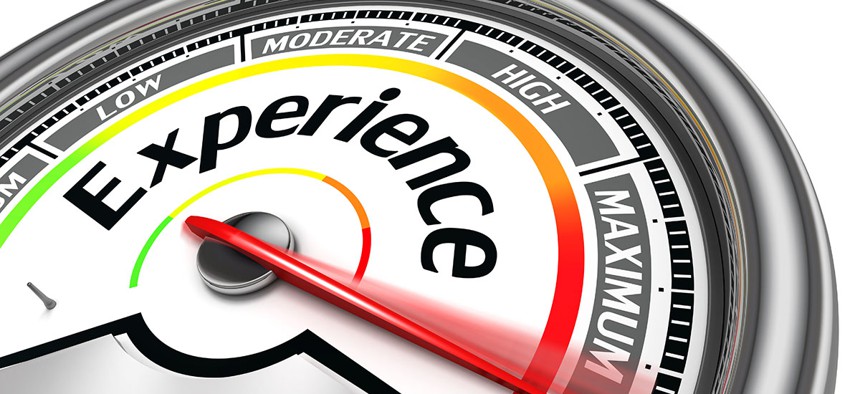3 Ways to Fight the Forces Opposing Better Federal Customer Experience

donskarpo/Shutterstock.com
Washington has a near-monopoly on the very worst customer experiences.
It’s been 23 long years since the White House first advised federal agencies to improve their customers’ experiences, yet three presidents, two executive orders and a bevy of memos and committees later, federal customer experience is still in crisis.
Washington has a near-monopoly on the very worst experiences: Federal agencies have the lowest average score of the 17 industries we studied in Forrester’s CX Index, and seven out of the 10 worst organizations in the index were U.S. federal agencies.
What accounts for this sad lack of progress?
Most critics point to the usual suspects: entrenched bureaucracies; waste, fraud and abuse; distractions caused by scandals, elections and wars. There is another force at work, though, that isn’t mentioned in polite company: powerful groups that are actively working to undermine federal CX – sometimes unintentionally, but sometimes on purpose.
From lobbyists, to anti-government activists in Congress and society, to selfish federal leaders, there are a number of groups that affect the government’s ability to improve CX. For example, some senior federal leaders are more concerned about landing the next job than they are about truly succeeding at the task at hand.
As a result, these leaders focus on half-baked vanity projects that make good headlines at the expense of sustainable, strategic CX efforts.
With such forces creating roadblocks, agencies may be tempted to give up – but they shouldn’t. Federal CX is too important. Forrester research shows that poor federal CX actually weakens the underpinnings of our political system by making people less proud and optimistic about the country itself.
On a more practical level, agencies with better CX have customers that are more likely to follow agency directives, engage even when they don’t have to, and say positive things about their experience to others.
Finally, agencies that improve their CX also provide better value for taxpayers because great CX saves money and boosts employee engagement.
To overcome the forces that oppose better federal CX and finally start moving in the right direction:
1. Form an unstoppable coalition. Government agencies should not fight CX problems alone. Instead, they should join forces to share information, challenges and solutions to elevate their CX strategies. Tap into large networks like the General Services Administration’s CX Community of Practice and the Office of Management and Budget’s new Core Federal Services Council to make powerful connections.
2. Ground efforts in insurmountable evidence. Government CX professionals who believe deeply in the virtue of their work often mount principled arguments about “doing right by the American people.” Instead of moralizing, combine quantitative and qualitative customer insights with driver analysis to prove how better federal CX has measurable benefits to both the public and the government. Don’t shy away from evidence of CX failure, either. Go on the attack by linking low satisfaction scores to opponents’ efforts to undermine federal CX and encourage them to become part of the solution.
3. Train the next set of leaders on CX from day 1. Members of future administrations probably won’t understand CX – or worse, they’ll think they understand it when they don’t. As soon as new leaders are appointed, learn about their professional goals and interests are so you can make a convincing case for CX. If a new leader is a cost-cutter, show him or her how great CX saves money. If he or she is focused on reputation, demonstrate how strong CX boosts advocacy loyalty. Present CX in a compelling way by using personas and journey maps to get new leaders connected to the mission and the customer.
Nothing can turn around federal CX overnight. However, tactics like these can help agencies overcome some of the most nefarious roadblocks to improvement. Let’s not let another generation go by without providing Americans the government experience they deserve.
Rick Parrish will host a panel on turning broad CX strategy into reality at the June 7 Customer Experience Summit, produced by Nextgov and Government Executive. He’ll also host Forrester’s own CXDC Forum on Sept. 12 in Washington, D.C.
NEXT STORY: FCC revamping comment system





